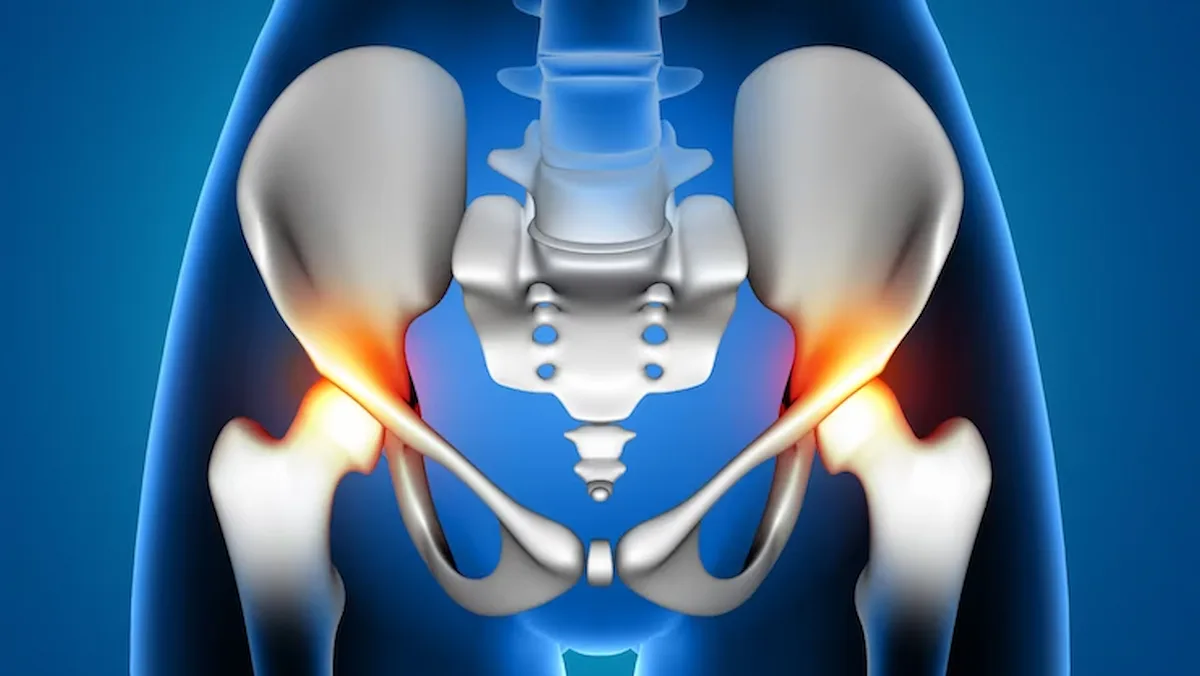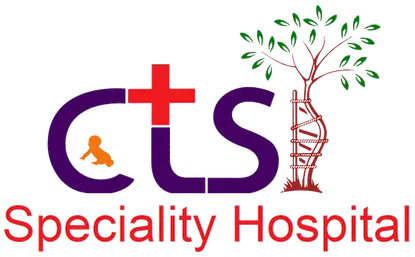Conclusion
Hip replacement surgery at CTS Hospital offers a life-changing solution for individuals suffering from severe hip pain and mobility issues. Our commitment to providing the best hip replacement in India is reflected in our advanced surgical techniques, comprehensive care, and personalized rehabilitation programs. With a focus on minimizing risks and optimizing outcomes, we ensure that patients receive the highest standard of care for hip replacement in Chennai. If you are experiencing persistent hip pain or functional limitations, consider CTS Hospital for your hip replacement needs. Our team of experts is dedicated to helping you achieve a pain-free and active life.
Also, Read Best Orthopedic Surgeon in Chennai.


